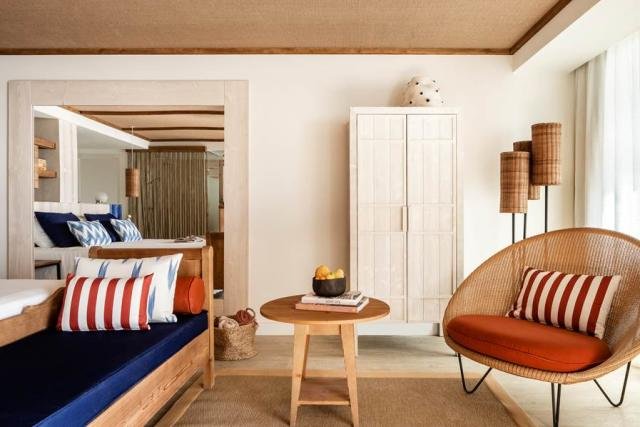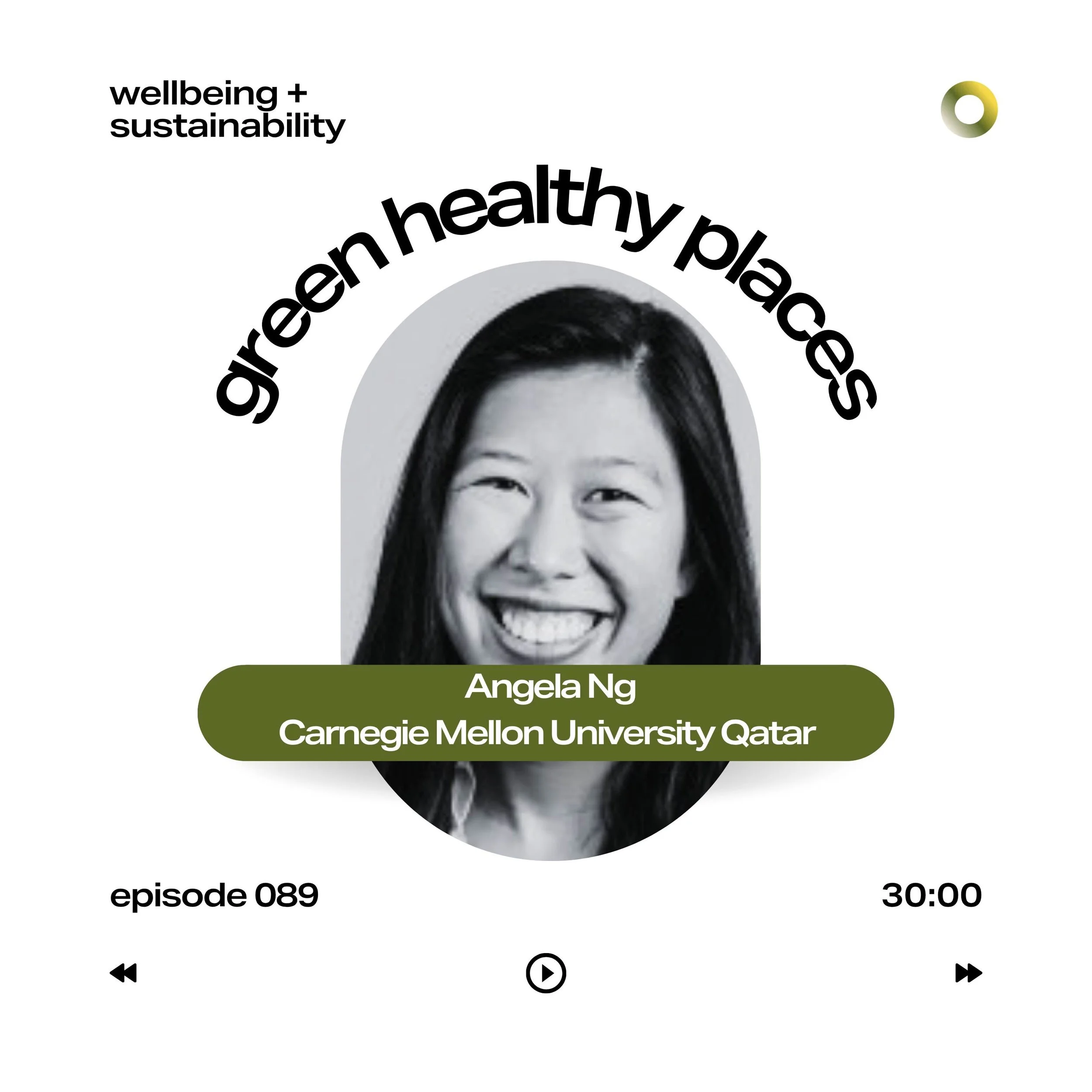Green hotel consultant services
-
A hotel or hospitality industry business may chose to pursue corporate level certification via an entity such as BCorp or Living Future’s JUST, this would cover its Environmental, Social and Governance (ESG) policies, not just the sustainability credentials of its hotel properties.
At the hotel level, there are then a whole suite of green hotel certification standards on offer, each with its own strengths and weaknesses, some truly global, others regional.
We have trained with Green Globe, Green Key and Earth Check, all contributing to a sustainable future for the hospitality industry.
-
Hospitality businesses now need to consider environmental and social impact as well as economic performance to be considered truly ‘sustainable’.
As you sustainability consultant or ‘Green Champion’ we guide, advise, engage, encourage, monitor, review, report and ultimately take responsibility for implementing a cross-departmental sustainability plan… although. ultimately it is the collective action of a hotel ‘Green Team’ taking ownership that really makes the difference. Teamwork is everything!
-
As sustainability consultants specialising in boutique and family-owned hotels, we are adept at implementing sustainability best practices during the pre-design planning phase, largely inspired by the EarthCheck Design standard.
Ultimately we are aiming to get to Net Zero Carbon emissions but that is but one slice of a far larger pie…
-
Once a hotel is operational, the focus is on collecting and monitoring data for energy, water and waste. These provide our internal benchmarks.
We begin with a complete review of the current business, from the F&B supply chain, to in-room amenities, waste recycling, biodiversity opportunities, employee engagement, and plenty more.
That is all mapped into a decision matrix and prioritized according to strategic objectives, brand image, cost, difficulty, duration and human resources.
Then we begin implementing the hotel sustainability plan..!
-
The health, wellbeing and happiness of hotel guests, staff and indeed the local community is considered in the Social section of a sustainability plan.
Here we consider Diversity Equity Inclusion (DEI); human rights; corruption; health and safety; physical activity and wellbeing; mental wellness; community outreach initiatives and support for fair trade business all along the hotel supply chain.
This is especially applicable for corporate clients working with institutional investors looking to. implement a sustainable strategy that feeds into wider ESG goals.
-
Before the plan comes the initial sustainability strategy work, defining clear vision and guiding principles, in part based on benchmarks but also on the hotel brand values to some extent.
A hotel sustainability plan starts as early as possible in the planning & development process to ensure that the basic principles of healthy people and healthy planet are incorporated into initial decision-making, especially around the ‘Big 4’ of carbon footprint, energy, water and waste.
Also consider that the full picture of any sustainable journey for sustainable hospitality businesses includes embodied carbon from construction / fit-out materials, and the same applies to refurbishments further down the line.
Baking these concepts into the pre-design, design phase and interior fit-out is where the bulk of the heavy lifting is done.
We think in terms of a planning phase, design and fit-out phase, then operations phase in hotel sustainability, each with its own distinct set of actions and deliverables.
looking for our green hotel certification services?
the hotel sustainability process
-
Energy model
Thermal model
Environmental impact assessment
Site assessment
Habitat protection plan
-
Carbon emissions reduction plan (reduced carbon footprint)
Energy efficiency measures (reduced energy consumption, heat island reduction)
Water efficiency policy (reduced water consumption, rainwater management)
Waste management plan (recycling strategy, circular economy)
Health and wellness facilities (gyms, yoga, nature walks, retreats)
-
Sustainable interior design (brand style guidelines, FF&E, OS&E)
Biophilia to bring the outside world into the hotel interiors
Healthy fit-out materials (locally sourced, non-toxic)
Sustainable supply chain policy (local, renewable sources, supporting local businesses)
Circular Economy principles
-
Sustainable supply chain development with local, ethical and eco-conscious businesses
Eco washing & cleaning plan (non-toxic liquids)
Nature & biodiversity plan (biophilia, landscaping, guest connection to local culture, habitat preservation)
Food & Beverage planning (guest wellness, waste reduction, supporting local businesses)
-
Ongoing data collection and measurement (energy, water and waste)
Community outreach
Corporate Social Responsibility (CSR) plan
Employee engagement program
Staff wellbeing policy
Internal & external communications
Guest wellness programs

Sustainability review and action plan for GuestHouse Hotels Bath, UK
green hotel glossary
-
Insect friendly planting in garden
Add green roof vegetation
Add rooftop apiaries
Plant herb garden
Promote off-site nature connection
Composting of organic waste
-
Social community development projects
Environmental community initiatives
Promotion of local crafts / products
Establish health & fitness partners
Annual community engagement plan
-
Heating, cooling, air conditioning (HVAC), lighting, as well as hot water production and delivering the F&B experience are consuming energy constantly.
If the hotel is not using renewable energy from the grid or producing its own solar energy on the rooftop for example, its energy usage is coming from fossil fuels or electricity from non-renewable sources meaning we need to implement new sustainable practices to reduce the carbon footprint such as:
HVAC settings optimization
Motion sensors & empty rooms
Energy efficient kitchen policies
Energy management via sub-metering of electricity & gas
Majority lighting converted to LED (also results in cost savings in long-term)
Preventive maintenance plan
-
An analytical tool used to assess and predict the energy performance of a hotel building.
It inputs building specifications, materials, occupancy patterns, and climate conditions, to simulate how the hotel will consume and conserve energy once constructed.
-
An ‘EIA’ is a study of the potential environmental consequences that the construction and operation of eco hotels may have on their surrounding environment.
-
Sustainable building strategies
Energy efficient buildings
Renewable electricity policy
Fossil-fuel free heating & cooling
Green roof or blue roof
High performance windows / insulation
-
A strategic document or set of measures designed to protect natural habitats and ecosystems within or around the proposed hotel site. It covers endangered species, critical ecosystems, ways to minimize habitat disruption, biodiversity enhancements, ongoing monitoring and reporting post-occupancy, stakeholder engagement and regulatory compliance.
-
Our preferred benchmarking tools for green hotels include:
Cornell’s Hotel Sustainability Benchmarking (CHSB) Index
Hotel Carbon Measurement Initiative (HCMI)
-
GHG reduction plan
Carbon offsets
Staff transport (monitor & support)
Guest transport (e.g. EV charging)
Facilitate guest emission offsets
Ref: Hotel Carbon Measurement Initiative (HCMI)
-
Environmental compliance
Labour compliance
Health & Safety Compliance
Child Labour Policy
Accessibility policy
Diversity, Equity & Inclusion
Human Rights policy
-
Healthy Materials, Paints, Glues & Finishes
Integrate Circular Economy Principles
Sustainable procurement policy
Enhanced indoor air quality
Eco durables policy
Low-flow taps, showers, urinals, dishwashers
-
Also known as a site analysis, this involves a comprehensive evaluation of the chosen location for a hotel project. It covers accessibility, physical site conditions, zoning and regulations, infrastructure and utilities, market analysis, cultural heritage and stakeholder engagement.
-
Internal green team of sustainability champions
Regular sustainability meetings
Annual staff sustainability training / inductions
Internal awareness campaign
Create feedback loops & incentives
Recognise & communicate the early wins
-
Sustainable purchasing policy (full life cycle)
Create a supply chain map & action plan
Sustainable ingredients (mileage, pre-cycling)
Sustainable drinks (mileage, pre-cycling)
Sustainable admin - BOH (e.g. paper supply)
Sustainable housekeeping (e.g. loo roll, uniforms)
Supply chain sustainable practices
-
Biosphere Sustainable
Conserve by the Considerate Group
EarthCheck
Ecompter
-
Total landfill waste (vol/kg)
Total recycled waste (vol/kg)
Total food waste (vol/kg)
Total water use m3
Total electricity use kWh
Total gas use kWh
-
An annual hotel sustainability report on progress made and future objectives is an expected form of transparent stakeholder communication around climate action.
Pursuing a green hotel certification or implementing an Environmental Management Policy can help to provide additional structure to the process.
-
A tool used to assess and predict the thermal performance of a hotel building. It considers energy efficiency, humidity regulation, building materials and insulation, temperature regulation and guest comfort.
-
In-room information prompts
Eco, non-toxic cleaning products
Eco tissues / WC paper
Minimize use of potentially harmful chemicals
Eco, chemical-free laundry
Review current operating procedures
-
Hotel Waste Measurement Methodology (HWMM)
Waste creation audit & management plan
Reduce: limit inbound waste (paper, plastic, food)
Recover: waste stream collection, sorting
Reuse & recycling plan with external contractors
‘No Waste’ internal campaign
-
Hotel Water Measurement Initiative (HWMI)
educational guest signage
Staff training / water efficiency measures
Water saving SOPs, e.g. leak detection
Begin rainwater collection for irrigation
Possible water saving technology upgrades

Outdoor living brand standards manual, ZEL Hotels by Melia & Rafa Nadal
Hotel sustainability facts & figures
The real estate industry (construction and operations of buildings) contribute around 38% of GHG emissions annually
The hospitality industry contributes around 2% of global greenhouse gas (GHG) emissions annually
Transport accounts for the largest part of the tourism industry’s carbon footprint (travel by plane to a destination)
71% of those surveyed by Booking.com in 2022 said they want more sustainable future travel options
Reaching Net Zero Carbon Emissions by 2030 is the true test for any hotel ownership / operations team
Hotels’ environmental impact comes from construction through to in-use and end of life / deconstruction phases (Life Cycle)


